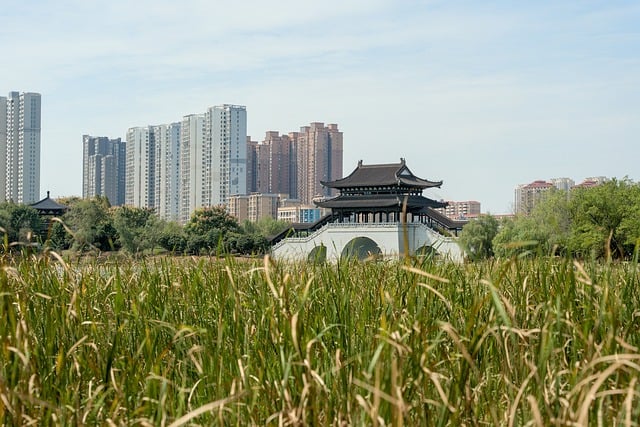In today’s fast-paced world, our connection to nature has never felt more distant. Many of us grapple with the consequences of urban life, leading to a larger ecological footprint than we desire. Yet, as we seek ways to mitigate our impact, the concept of community gardens emerges as a beacon of hope, promoting not only environmental sustainability but also a reconnection with the earth and each other.
Community gardens offer a green sanctuary amid the concrete jungles, transforming vacant lots into thriving ecosystems. These vibrant spaces allow individuals and families to cultivate their own food, learn about sustainable gardening practices, and share their bounty with neighbors. By planting native species, we not only beautify our surroundings but also create habitats for local wildlife, supporting biodiversity and reducing the overall ecological footprint of our communities.
Gardening in a community setting fosters a sense of belonging and shared responsibility. Participants often find themselves engaged in conversations about eco-friendliness, exploring topics like composting, organic gardening, and the importance of pollinators. When we work side by side, the act of nurturing plants becomes a powerful communal experience that strengthens both our gardens and our relationships with one another.
Moreover, community gardens are a great way to educate ourselves and others about sustainable practices. Workshops and volunteer days can teach valuable skills, from permaculture techniques to water conservation methods. As community members become more informed, they’re more likely to adopt eco-friendly habits in their daily lives. This transition contributes to a collective reduction in our ecological footprint, proving that small, local actions can ripple out to create a global impact.
The sheer act of planting a seed carries with it the promise of growth, change, and nourishment. Each vegetable harvested is not just sustenance; it’s a reminder of the importance of supporting local ecosystems and reducing reliance on industrial agriculture. The benefits of community gardening extend beyond personal gain—when one person grows food, it often inspires others to do the same, fostering a culture of sustainability that resonates throughout the neighborhood.
As you dig your hands into the soil, you inevitably touch the heart of nature, feeling the balance of life and growth that has sustained humanity for millennia. This intimate connection is essential for understanding our place within the environment and highlights the importance of caring for our planet. By participating in a community garden, you nurture not just plants but also friendships, resilience, and communal strength.
Whether you’re seasoned in gardening or a newcomer to the experience, the rewards of joining a community garden can be transformative. You’ll not only learn to grow your own food but also discover ways to live in harmony with the planet. By collaborating with others to cultivate green spaces, you enhance your understanding of ecological principles and take meaningful steps to minimize your ecological footprint.
Engaging in community gardening is an empowering choice toward a sustainable lifestyle. It fills our plates with fresh produce while filling our hearts with gratitude and connection. In these challenging times, let’s aspire to plant the seeds of change and nurture a community that thrives on cooperation, sustainability, and respect for the earth. Step into your local community garden and reap the rewards of reducing your ecological footprint, one garden plot at a time.




